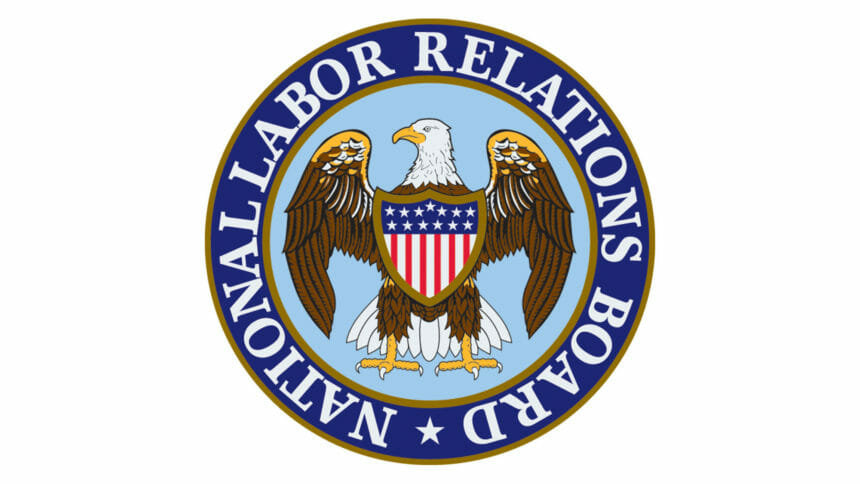
A new National Labor Relations Board decision may make it easier to show that an employer has retaliated against employees for participating in union or other legally protected activities, according to expert observers. Employers should keep their eyes open for infractions, they said.
The Intertape Polymer Corp decision has reaffirmed that a longstanding measure of workers’ rights violations called the Wright Line test used in unfair labor practice hearings has not been altered, despite a 2019 decision that may have created some confusion, the independent federal agency announced Monday.
In such cases, the Wright Line test puts the burden on the NLRB’s general counsel to show that an employer would have, for example, disciplined employees the same whether or not they were union members.
The 2019 decision in Tschiggfrie Properties, Ltd. has sometimes been interpreted as “modifying or heightening” the the level of burden borne by the NLRB’s general counsel under Wright Line, but this is not so, the board said in a statement.
“In Tschiggfrie, the Board unnecessarily tried to clarify the Wright Line standard, but ended up doing more harm than good,” the board said. “Because the decision has caused significant confusion for parties before the board, we take this opportunity to make clear that this longstanding bedrock of board law remains unchanged.”
Monitor for staff violations
Employers should be aware of this development, said Erik Laiho, labor relations partner at Fisher Phillips, a firm that advises private and public sector employers. The board’s Intertape decision can be interpreted to lessen the general counsel’s initial burden under the Wright Line test, he said.
“Before this decision, the general counsel was required to demonstrate that the employer’s adverse action against an employee was due to particularized animus toward that employee’s protected activity,” Laiho told McKnight’s Business Daily in an email. “The board now provides that the general counsel can meet her burden through evidence of the employer’s general anti-union animus even if it isn’t directed at the specific employee’s protected activity.”
He added that employers should “carefully consider whether supervisors or managers have taken any actions or made any comments that could be construed as discouraging union or protected activity, even if the actions or comments weren’t directed against the specific employee.”
Ditto for joint employers
“This includes managers or supervisors of other companies that the Labor Board could consider a joint employer with your company — potentially under joint staffing models common in the healthcare industry,” he said. “The general counsel may argue that the Intertape Polymer Corp. decision allows her to use even stray anti-union comments or actions to satisfy her initial burden to prove a labor law violation.”
The news comes during a time of heavy federal support for labor, with the Biden administration backing multiple labor strengthening initiatives.
In a statement, NLRB Chairman Lauren McFerran said, “the Wright Line standard is the board’s foundational framework for assessing whether workers’ rights have been violated. It is important that the board provide certainty to all parties about how the elements of this test are interpreted and applied.”
Notably, NLRB General Counsel Jennifer Abruzzo has advocated that the 2019 Tschiggfrie decision be overturned, according to a report by Bloomberg Law. The new decision in Intertape effectively makes this move unnecessary, the board stated.
Labor roadblocks removed?
The NLRB has been busy sweeping away roadblocks to labor activity. Another decision, released Friday, aims to quicken the pace of unionization efforts by establishing a new framework for determining when employers are required to bargain with unions without a representation election. That includes allowing pre-election hearings to begin more quickly; easing the dissemination of election information to employees; and making pre- and post-election hearings more efficient.
That new standard “will promote a fair election environment by more effectively disincentivizing employers from committing unfair labor practices,” the McKnight’s Business Daily reported.


